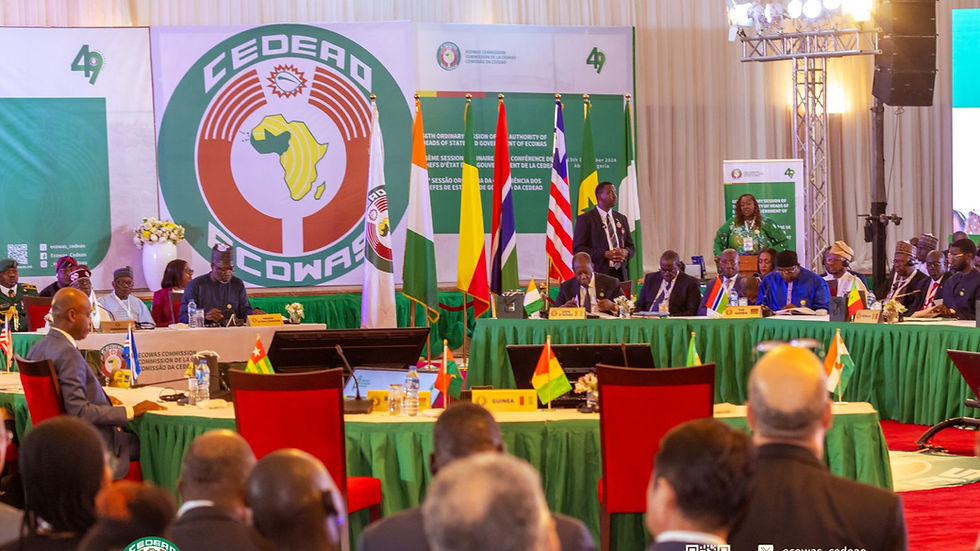Promoting Community & Civil Society Participation in the Pandemic Treaty Process
- WADPN

- Feb 3, 2023
- 2 min read
What about the Pandemic Treaty?
In a consensus decision aimed at protecting the world from future infectious disease crises, the World Health Assembly in December 2021 agreed to kickstart a global process to draft and negotiate a convention, agreement, or other international instruments under the Constitution of the World Health Organization to strengthen pandemic prevention, preparedness, and response.
Given their importance in pandemic prevention, preparedness, and response, civil society is welcome to participate fully, equally, meaningfully, and effectively in the drafting and negotiating processes, which are governed by the Intergovernmental Negotiating Body (INB). Vulnerable, marginalised, and criminalised populations are given special consideration because they have been disproportionately affected by COVID-19 and related measures and because they typically have few opportunities to interact with national authorities.
You are cordially invited to participate in a series of online meetings hosted by WADPN with support from Harm Reduction International to discuss the effects of COVID-19 and make recommendations to the Intergovernmental Negotiating Body (INB) of the World Health Assembly (WHA) regarding the ongoing drafting and negotiation process of the pandemic treaty.
Kindly check here for the next meeting!
The series of meetings which kick-started on Thursday, 26 January 2023, is to promote community & civil society participation in the Pandemic Treaty process in West Africa and make recommendations to the Intergovernmental Negotiating Body (INB) regarding the ongoing drafting and negotiation process of the pandemic treaty.
Brief
In December 2021, the World Health Assembly (WHA) agreed to develop a “WHO convention, agreement or other international instrument on pandemic preparedness” – the so-called Pandemic Treaty, or Pandemic Accord.
Negotiations are conducted under the auspices of an Intergovernmental Negotiating Body (INB), which held its first sessions in February and March 2022 to elect bureau officers and agree on working methods and timelines. All WHA Member States are members of the INB. The INB Bureau – whose role is to guide the negotiations – is composed of six state representatives.
The second and third INB sessions were held in July and December 2022 – all documentation can be found here.
During its third session, the INB reviewed and discussed the conceptual zero draft’ of the instrument, with an eye to informing the development, by the INB Bureau, of a Zero Draft – which will be published in February 2023.
The INB also agreed on the new timeline set out to hold formal negotiations in a to-be-established “drafting group”. While the opening and closing sessions of the INB will be open to relevant stakeholders and webcasted, participation in the drafting group will be limited to Member States, plus Palestine and the Holy See (“unless otherwise agreed by the INB”), and proceedings will not be webcasted or otherwise publicly accessible.




Comments